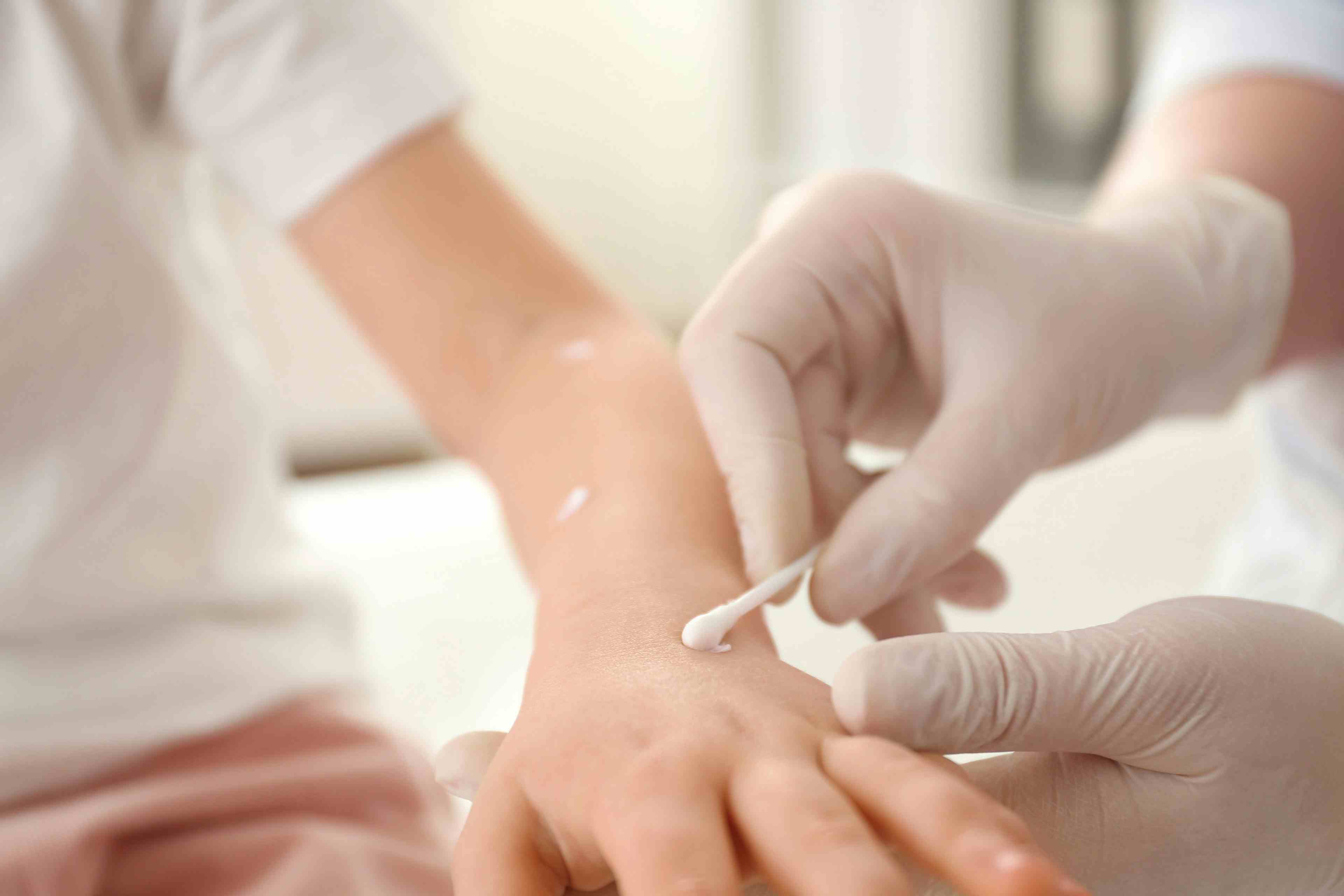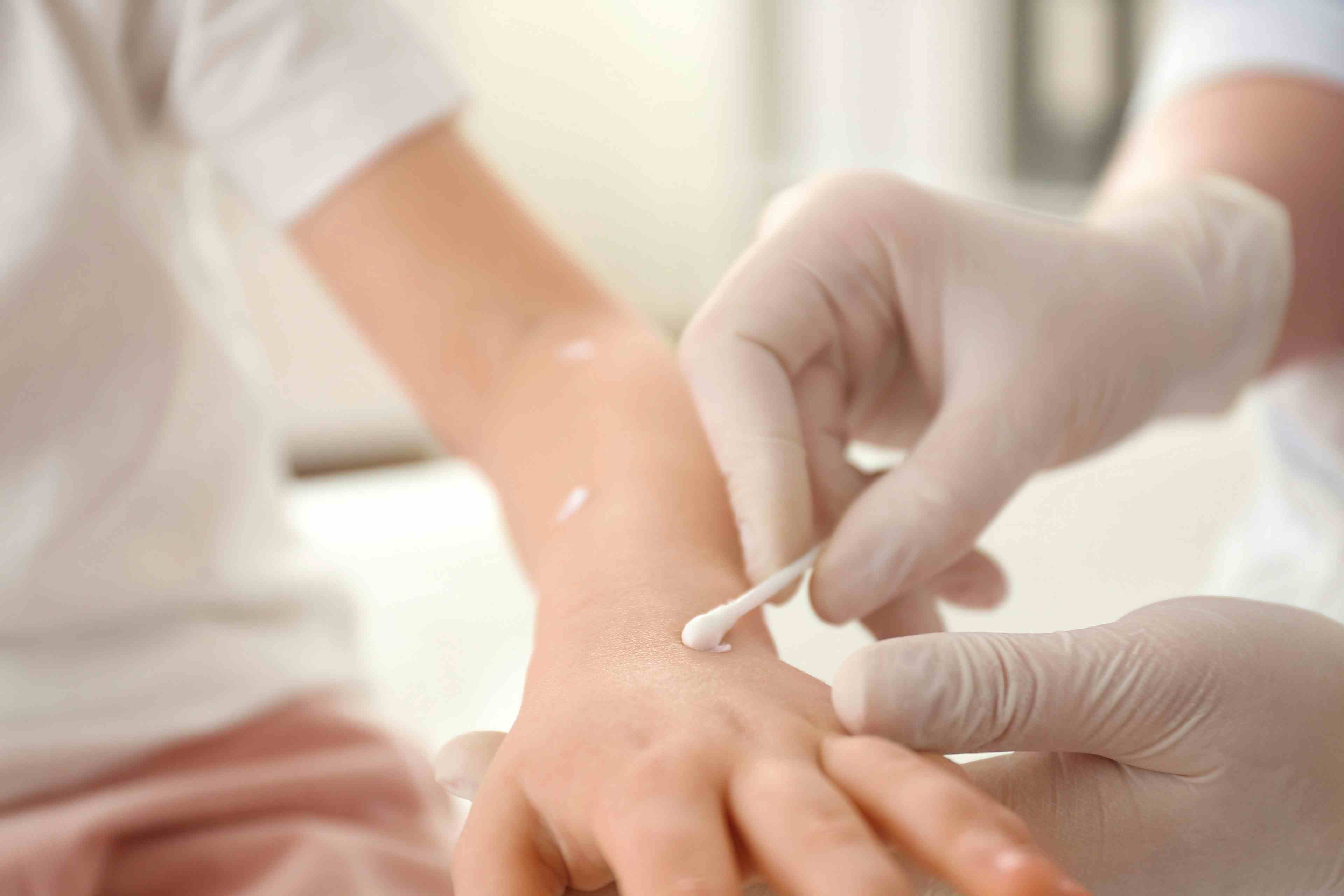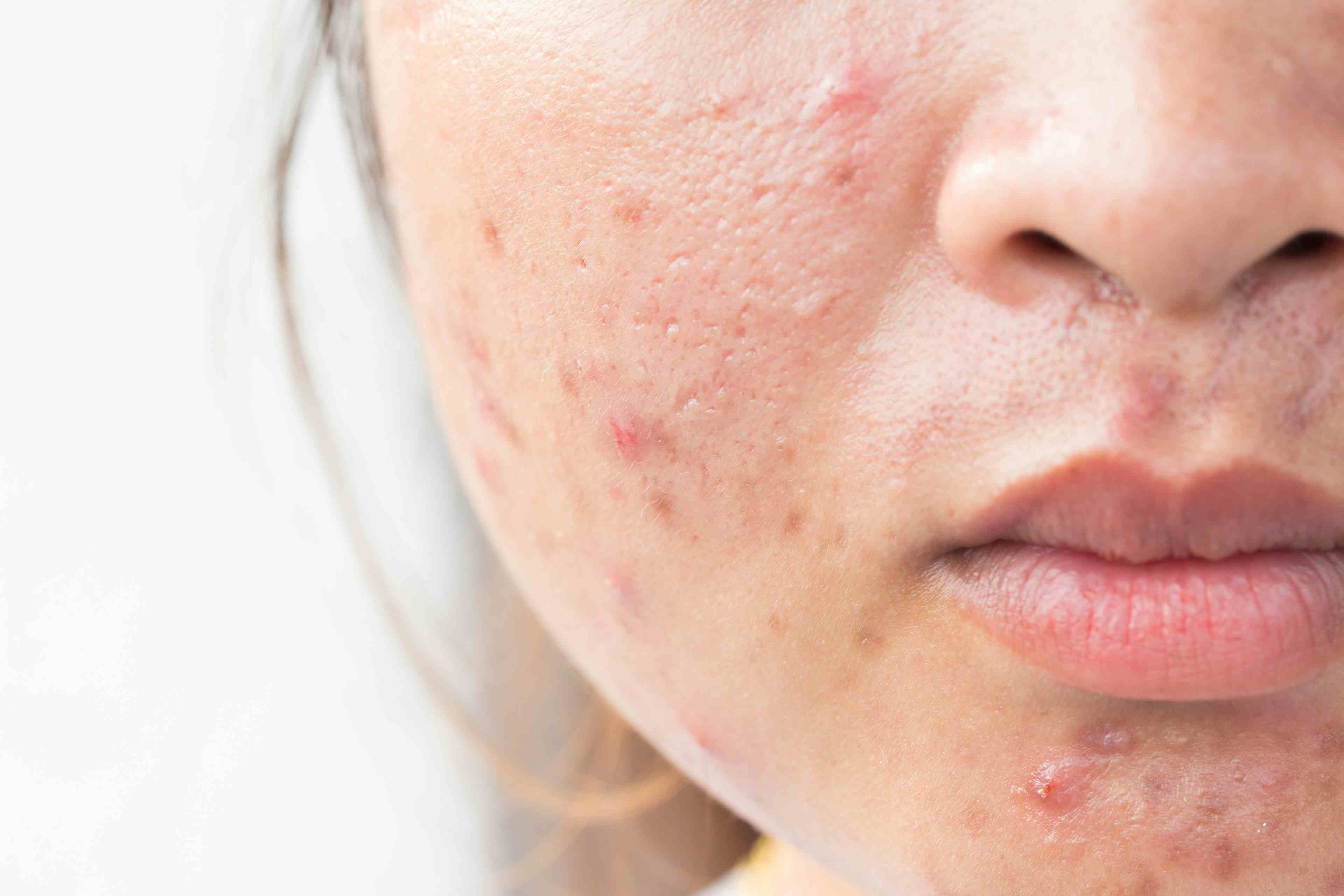- Acne
- Actinic Keratosis
- Aesthetics
- Alopecia
- Atopic Dermatitis
- Buy-and-Bill
- COVID-19
- Case-Based Roundtable
- Chronic Hand Eczema
- Chronic Spontaneous Urticaria
- Drug Watch
- Eczema
- General Dermatology
- Hidradenitis Suppurativa
- Melasma
- NP and PA
- Pediatric Dermatology
- Pigmentary Disorders
- Practice Management
- Precision Medicine and Biologics
- Prurigo Nodularis
- Psoriasis
- Psoriatic Arthritis
- Rare Disease
- Rosacea
- Skin Cancer
- Vitiligo
- Wound Care
Article
Nurses better at treating childhood eczema than dermatologists, study finds
Melbourne, Australia - An Australian study suggests that nurses may be more effective in reducing the severity of atopic eczema in infants, children and adolescents than those treated by a dermatologist, ReutersHealth reports.
Melbourne, Australia - An Australian study suggests that nurses may be more effective in reducing the severity of atopic eczema in infants, children and adolescents than those treated by a dermatologist, ReutersHealth reports.
In the study, conducted at the Royal Children’s Hospital here, 49 children referred to the hospital for the management of atopic eczema were treated by nurses, while 50 children were treated by dermatologists and pediatricians.
The study found that patients in the nurses’ group had a “significantly greater improvement in severity of eczema.” More patients in the nurse-led clinic improved from moderate to mild eczema, partially because nurses bathed patients and applied emollients more often and managed wet dressings consistently better (76 percent of the time compared with only 12 percent in the dermatologist-led clinic).
A key factor may be consultation time. On average, children in the nurse-led clinic spent 90 minutes in individual and group sessions, including education about eczema and prescription of a management plan for each patient. By contrast, dermatologists and pediatricians spent only 40 minutes with their patients.
The researchers write that because of increasing time constraints for doctors, the role of nurses as educators within nurse-led clinics might play a central role in the management of many other diseases as well.
Newsletter
Like what you’re reading? Subscribe to Dermatology Times for weekly updates on therapies, innovations, and real-world practice tips.
















